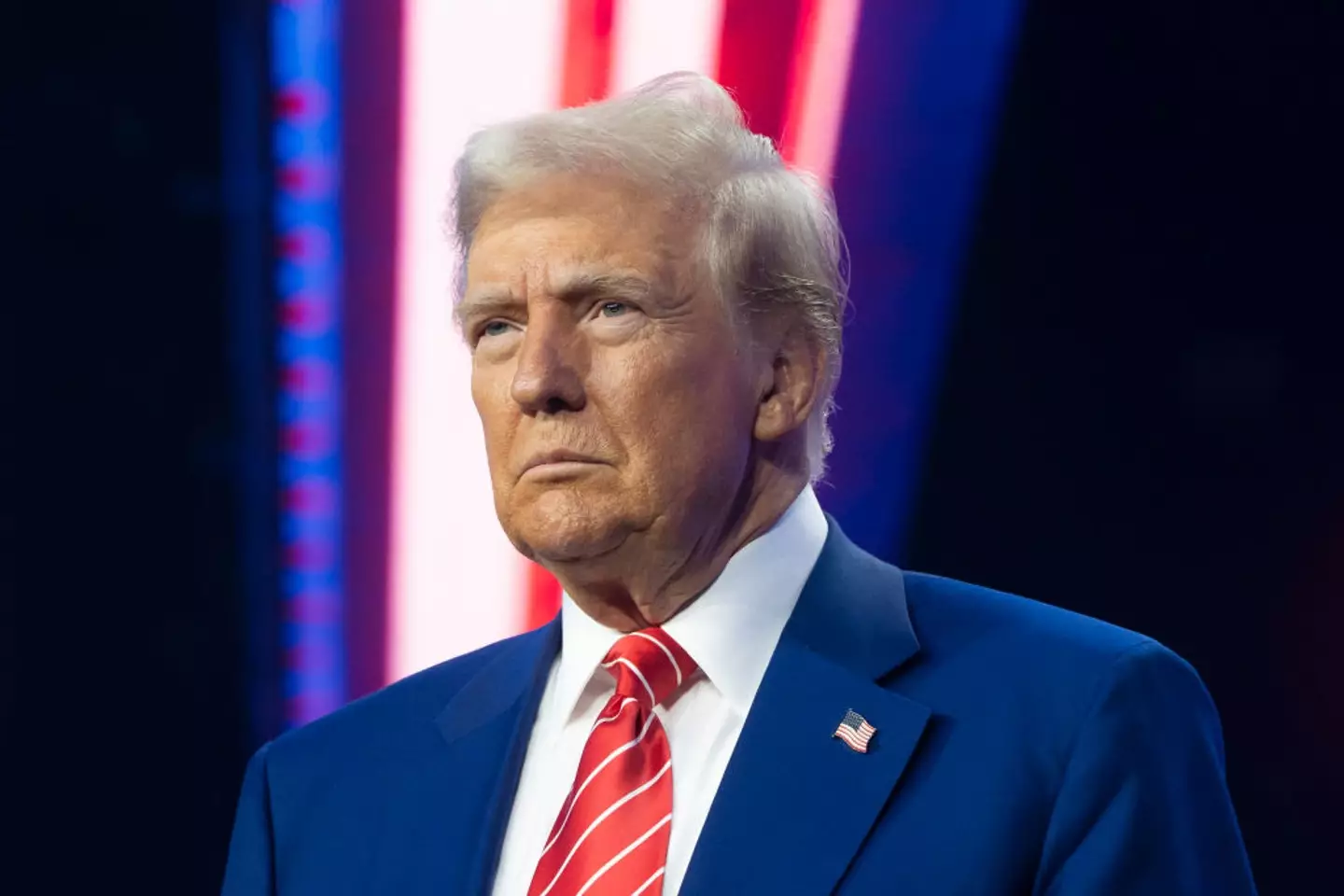
Trump has spoken with the CEO of TikTok amid fears that the app could be banned in the US in the new year.
The Trump administration will enter the White House once again in January 2025 and there has been a lot of speculation about what this could mean for TikTok.
The social media platform is currently facing a ban in the US that is due to take effect in the new year.
_.webp)
Advert
The outgoing Biden administration had defended the ban being implemented by the Supreme Court, saying that there were ‘grave’ national security concerns associated with the popular video-sharing app.
However, Donald Trump has since put in a request to delay the ban, which is due to come into effect on January 19, just one day before his inauguration.
Earlier in December, Trump even met with Shou Chew, who is the CEO of TikTok, according to CNN.
In a brief to the Supreme Court, Trump said: “The First Amendment implications of the federal government’s effective shuttering of a social-media platform used by 170 million Americans are sweeping and troubling.
Advert
“There are valid concerns that the act may set a dangerous global precedent by exercising the extraordinary power to shut down an entire social-media platform based, in large part, on concerns about disfavored speech on that platform.”
Trump also acknowledged that his team had raised concerns about the app and back in 2020, during his first presidency, Trump had signed an executive order to ban TikTok, but it was stopped in the courts.

Now, the president-elect is arguing that the ban will ‘interfere’ with his mandate to govern.
Advert
In its own brief, TikTok warned that banning the app would be at odds with the First Amendment, arguing that the government was trying to shut down ‘one of the most significant speech platforms in America’.
The company went on to say: “History and precedent teach that, even when national security is at stake, speech bans must be Congress’s last resort.”
Groups that advocate for First Amendment protections also urged the Supreme Court to rethink.
One group in particular, Knight First Amendment Institute, said: “Restricting access to foreign media to protect against purported foreign manipulation is a practice that has long been associated with repressive regimes.
Advert
“The government has no legitimate interest in banning Americans from accessing foreign speech — even if the speech comprises foreign propaganda or reflects foreign manipulation.”
While the new year is nearly upon us, it could bring in the end of TikTok.